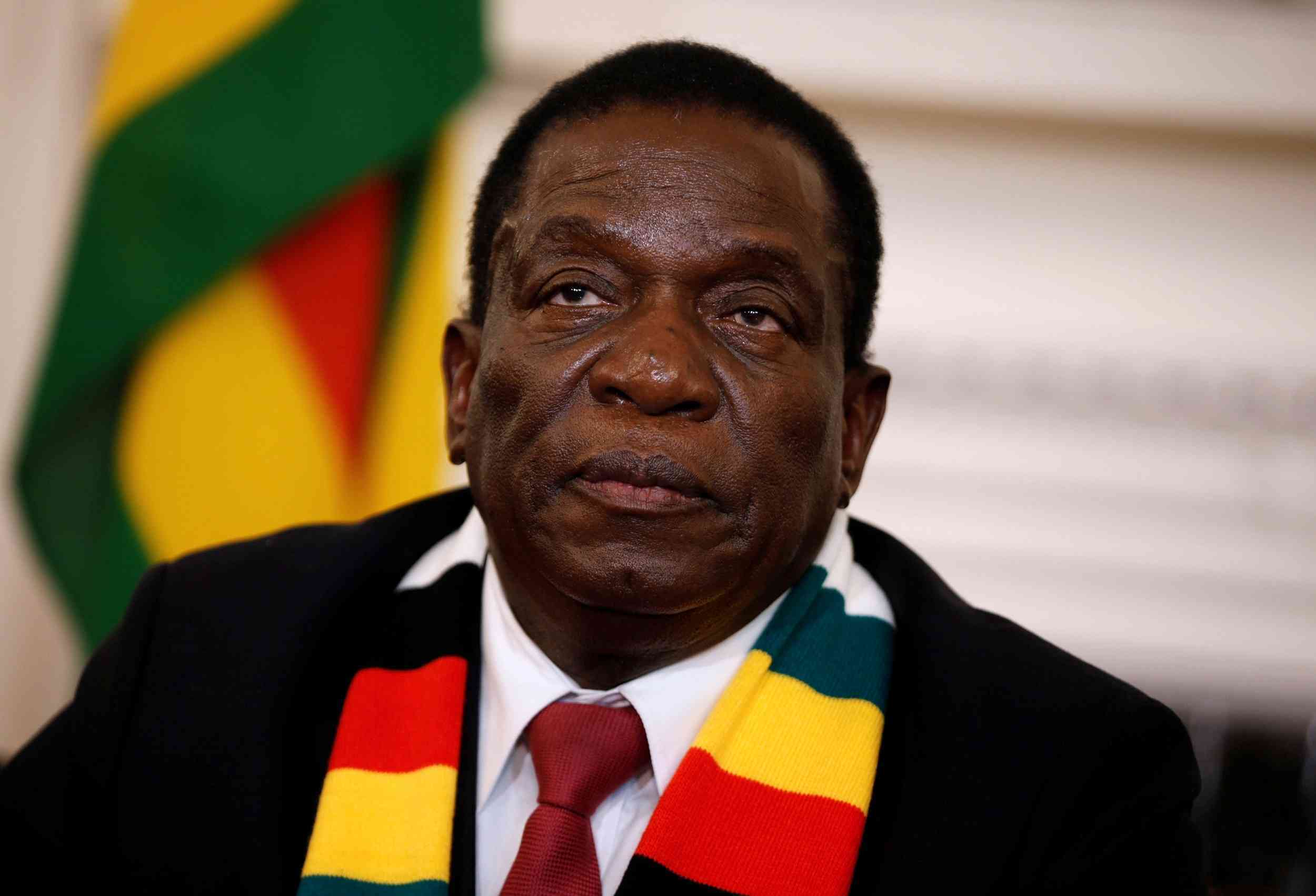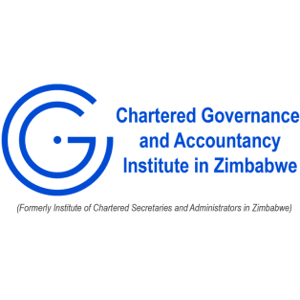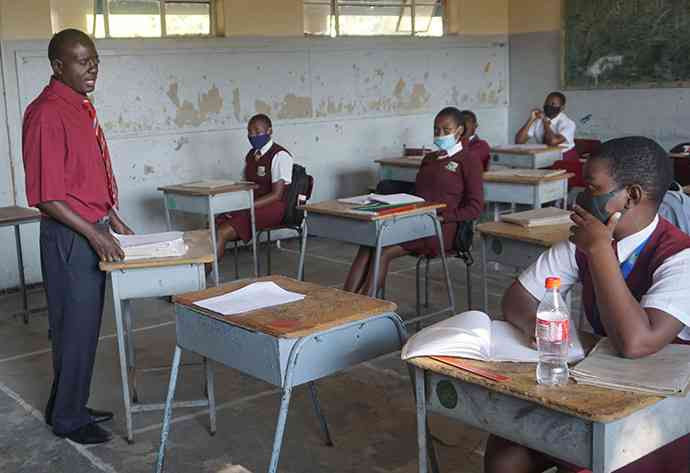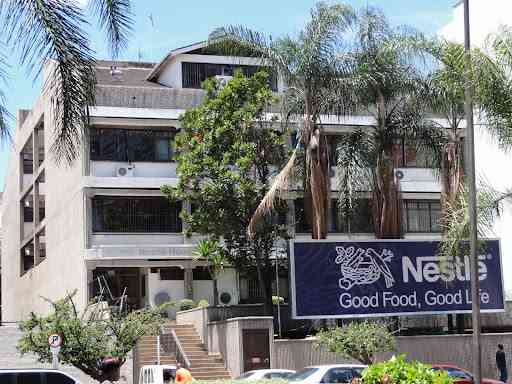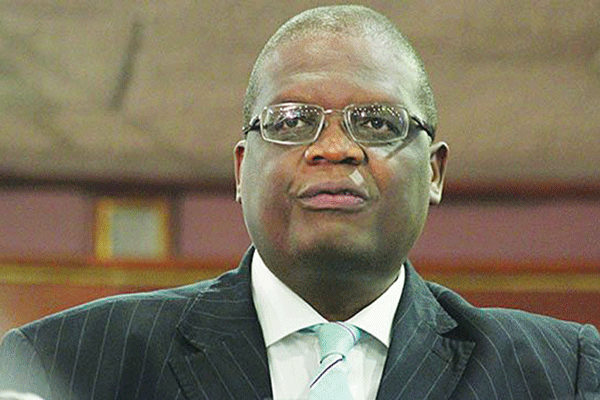
The Reserve Bank of Zimbabwe (RBZ) expects to clear the backlog of foreign payments by year-end amid revelations that 80% of the unsettled transactions cover products at the top of the import priority list.
BY FIDELITY MHLANGA

RBZ deputy governor, Kupukile Mlambo said although the apex bank has set up a nostro stabilisation fund, it was not enough to clear the backlog of a country hamstrung by a huge trade deficit.
“About 80% of the backlog is in priority list A because we are import dependent. All our essential things are in the priority list. We have put a nostro stabilisation fund, but it’s nowhere near enough,” he said.
In May last year, RBZ came up with a four-tier import priority list for the efficient use of foreign exchange resource.
Imports of critical and strategic goods such as basic foodstuffs and fuel, health and agrochemicals, granted these goods are not available locally, were among goods listed at the top of the list.
Mlambo said RBZ was making strides to clear foreign payments backlog by year-end, banking on the expected bumper grain harvest, which will substitute the importation of maize this year.
“We rely on four commodities on exports and the major one is tobacco, but between October and February we don’t have tobacco. So we want to make sure we have enough resources until next year. The month of December has a lot of expenditure that requires foreign currency. We want to clear all foreign payment backlogs by year end such that by January we will start on a clean page. Last year, we imported much maize, but this year we have a much better harvest. But the challenges are there we are not producing and exporting enough,” he said.
- Chamisa under fire over US$120K donation
- Mavhunga puts DeMbare into Chibuku quarterfinals
- Pension funds bet on Cabora Bassa oilfields
- Councils defy govt fire tender directive
Keep Reading
Mlambo bemoaned the dearth of the manufacturing sector in driving exports in the country.
The performance of manufacturing sector exports has been on a downward trend to $424 million in 2016 from $1 billion in 2013, according to the ease of doing export business rapid results released last month.

